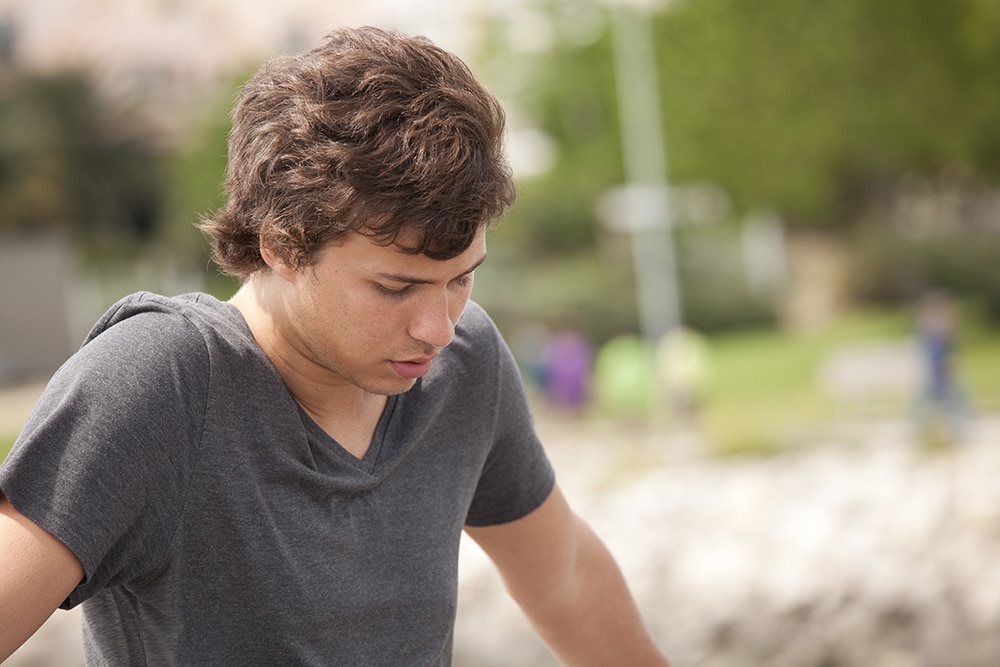The Structured Day Program is an outpatient, day treatment program for youth in middle and high school with moderate to severe behavioral problems. While enrolled, youth receive academic, psychiatric, individual and group counseling. Students receive full academic credit and transportation is provided.

Sam, a 13 year old in 7th grade, has been suspended from school 11 times for reasons ranging from disobedience in the classroom to vandalism of school property. The final straw for his school principal was a fist fight he instigated with a classmate during class instruction time. At their wit’s end, administrators were left no choice but to expel him from school and ban him from campus.
For kids like Sam, options are limited; how does he continue his education?
How do his parents or caretakers provide restorative ways to tame his temper? What, after all, is the root of his behavior? Youth Focus is one of few nonprofit organizations that offer an alternative school environment where kids like Sam can continue their education while working on behavioral problems in a supervised environment.

The Structured Day program is a day treatment program specifically designed for middle and high school students with moderate to severe behavioral problems. Many students like Sam who attend Structured Day have at least one diagnosis related to behavior, such as oppositional defiance disorder, ADHD, PTSD, or other various mood disorders. In Sam’s particular case, he struggles with a slight cognitive delay and learning challenges. Because he is also exposed to violence at home, he has not developed healthy coping skills. Coupled with oversized classrooms and more individualized needs, kids like Sam are often not given the attention they require to succeed academically, and therefore begin to disrupt the learning environment. They are often written off as ‘bad kids.’ While Individualized Education Plans are not required to attend Structured Day, a thorough, documented history of behavioral problems at the child’s home school is required for consideration for the program.

At Structured Day, students receive full academic credit while attending the program. In addition, they also receive group and individual counseling, as well as any psychiatric treatment. Attendance, behavior, and participation are tracked with a points system. Levels are reached as points accumulate, and rewards and privileges, such as outings, special snacks or candy, and gift cards are given as prizes.
Sam’s success goes beyond earning points; he’s learning grade level academics in a small group setting with a qualified teacher, which enables him to retain the curriculum. He is also learning healthy ways to interact with other students rather than fighting or arguing. Mental health technicians are assigned to each middle and high school class, where they assist students to stay focused and on task, as well as encourage good behavior. These encouragements might include prompts or positive reinforcement, and techs are responsible for the points system in which the behavioral levels operate.
Sam hopes to return to his home school next year. His family, therapists, and teachers have worked closely with him to develop a plan that will bring him closer to that goal each week. While his home life has not improved, he is working on developing more constructive ways to cope with stress at home, and his behavior has reflected that effort while at the program each day. Not every day is perfect; recently he tried to instigate a fight with a new student at Structured Day. However, after a brief huddle with his mental heath tech and the assistant program director, he was able to re-join his class and finished out the rest of his day without incident. It was the first time that he was able to be verbally de-escalated before a fight occurred. Sam continues to make improvements each week, which puts him on track to return to his home school next year.
For more information on the Structured Day program at Youth Focus, click here.



